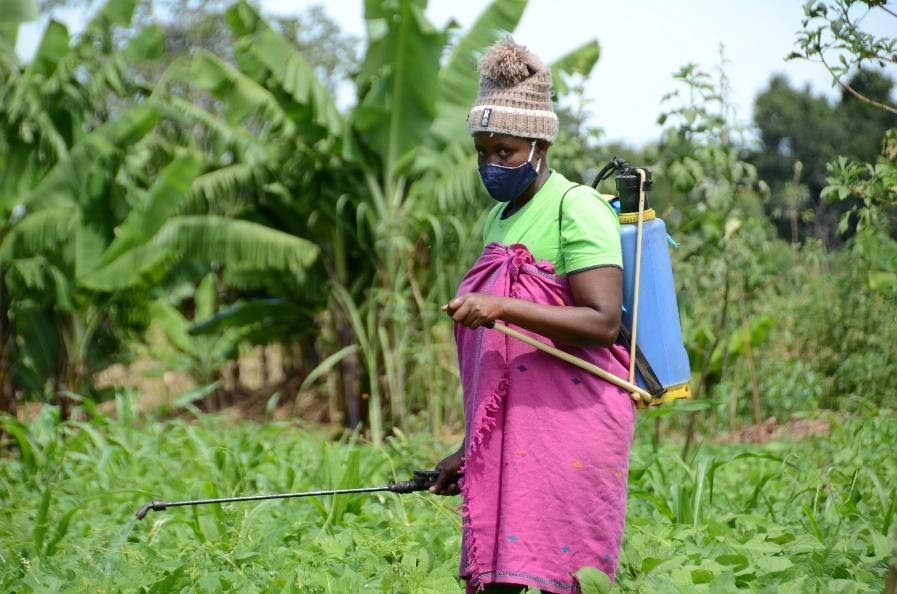It’s a wrap: ‘My great satisfaction is watching families rising up again’
After providing emergency humanitarian assistance, the World Food Programme (WFP) engaged communities affected by Cyclone Idai in emergency and resilience activities, supporting the creation of assets and training, which contributed to restoring livelihoods and food security.
Nyadzirai Muhlahlayzi, a 30-year-old mother of three, said she suffered a setback because of Cyclone Idai, but she is glad she is today. “I am happy. I am back on my feet. When we were hit by the cyclone, I never thought I would manage to feed my family again, but I am satisfied with where I am today. I will harvest bananas and some beans. The plants we grow here are nutritious and are good for the family. If there is a surplus, we will sell it. I have some money to buy other basic needs such as soap, salt and pay our children’s school fees. This gives me great satisfaction.”
With financing from the World Bank, WFP and other UN agencies worked together through the Zimbabwe Idai Recovery Project — one of the first-ever integrated engagements under one project umbrella — to address the early and medium-term resilient disaster recovery needs of Cyclone Idai-affected people.
The WFP project applied an integrated livelihood approach that considers the long-term sustainability of the affected community and addressed the factors underpinning food insecurity. As a result, livestock dipping resumed, access to safe and clean water year-round was provided, which improved livestock health. The promotion of fodder production practices provided the community with alternative livestock feeding options in the lean seasons. Further to this, the soil and water conservation practices taught to community members improved soil quality and reduced the risk of future natural disasters.
Crucial to the success and sustainability of this project was the community ownership and the inclusion of various stakeholders. Because of this initiative, members of this community not only recovered from the impact of the cyclone but will be even more resilient in the face of future challenges.

